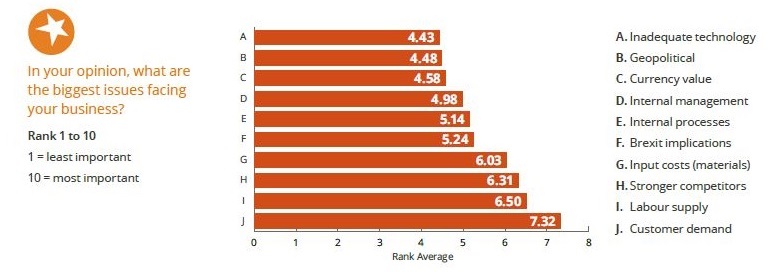Huddersfield-based energy efficiency roofing specialist, Ploughcroft, has issued a stark warning to construction colleges across the region: upskill and evolve, or risk being left behind in the fast-moving roofing industry.
With hundreds of students leaving construction colleges to seek employment this summer, Chris Hopkins, Divisional Director at Ploughcroft, is warning the majority of those leavers will be untrained and unprepared for the energy saving construction techniques that consumers now demand.
An industry first
As a consequence, Ploughcroft has taken the initiative to develop its own pioneering, Eco-Roof apprenticeship scheme – which has already been trailed over the last 12-months. This is believed to be an industry first.
This proactive approach from Ploughcroft is essential to provide apprentices with the skills and knowledge required to succeed in the fast-growing energy efficiency industry, and to underpin the cost-effective installation of new roofing schemes.
While under the current college curriculum, the focus quite rightly covers the basic roofing installation essentials, it fails in the view of Chris Hopkins, when it comes to the incorporation of now crucial energy efficient-related skill sets, such as U-Value calculations, condensation risk analysis and heat-loss monthly savings.
This means forward-thinking companies such as Ploughcroft, which lead the way with its unique Eco-Roof product, are unable to find suitably qualified staff, even at entry-level positions, further exacerbating the industry-wide skills shortage. Ploughcroft believes that by ‘future proofing’ the Apprenticeship schemes, this will also have the knock-on effect of attracting the brightest and best to the industry.
Chris Hopkins is now calling for urgent dialogue with course and curriculum planners to collaborate to address this key area. He said “Over the past three years we have seen a rapid growth in our Eco-Roof business, as energy prices continue to rise, and customers become increasingly clued-up when it comes to greener living and the impact it can have on their energy bills.
“However, while consumer demand rises, colleges simply aren’t keeping up. Given there was no existing eco roof apprenticeship scheme in place that covered the type of specialist work we carry out, we’ve been trialing and created our own using my professional teaching and roofing assessor qualifications.
“That said, we can only do so much, and today’s apprentices are the people who will drive the energy efficiency industry forward in years to come. As such it is absolutely essential that colleges – and other construction businesses – continue to evolve, and invest in skills and development.”
One of Ploughcroft’s most successful apprentices is 18-year-old Charlie Oakes, who began his apprenticeship in 2015 when the scheme launched. He says: “Joining the Eco-Roof apprenticeship has been a fantastic experience. Roofing is often seen as industry that lacks innovation, but working at Ploughcroft I’ve found that’s not the case, and I’ve learned a great deal about emerging energy efficiency techniques. This is a huge growth area, and one I’m excited to see developing.”
Ploughcroft’s two-year Eco-Roof apprenticeship offers a mix of on-the-job training and classroom-based learning spanning traditional roofing, as well as a wide range of cutting-edge, energy-efficient construction techniques required to meet the needs of this fast-growing eco-construction sector. It is currently seeking graduates to join its Eco-Roof apprenticeship scheme.




